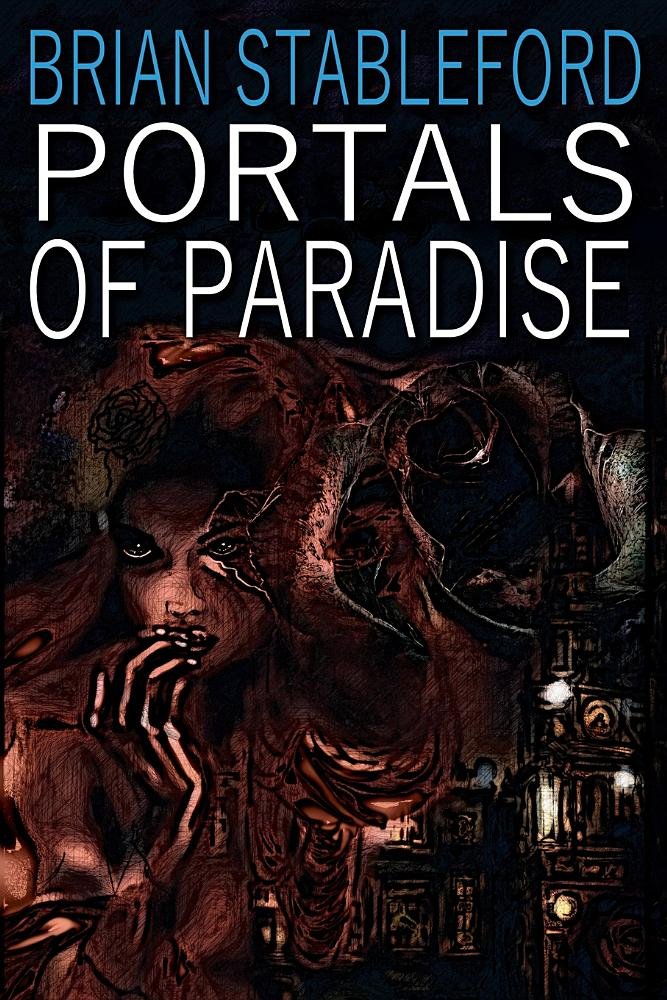| Home |
| Novels |
| Collections |
| Translations |
| Non-Fiction |
| Short Stories |
| Anthologies |

Gabriel Bowlands, a young man taking the Grand Tour in the late 1780s,
is less interested in absorbing the broad legacy of European culture than
following up his own particular obsession with the theater, and particularly
the art of comedy. Having spent a month in Paris, he and the uncle acting
as his guide and mentor have made their way to Venice, just in time to
catch the last few days of the Carnival. No sooner have they arrived,
though, than they are caught up in a bizarre mystery. The entire city
has become a stage, in which everyone is an actor playing a part, but
within that vast performance, another is apparently being worked out,
whose roots go back forty years, to a murderous clash between two rival
families. Their conflict can only be resolved if the two artificial eyes
known as the Portals of Paradise, which allegedly allow their wearer to
see and dwell in paradise while still living on earth, can be found and
reunited. But who has them, and what might others be prepared to do to
acquire them?
Published by Wildside Press in November 2016
ISBN: 978-1479424375

